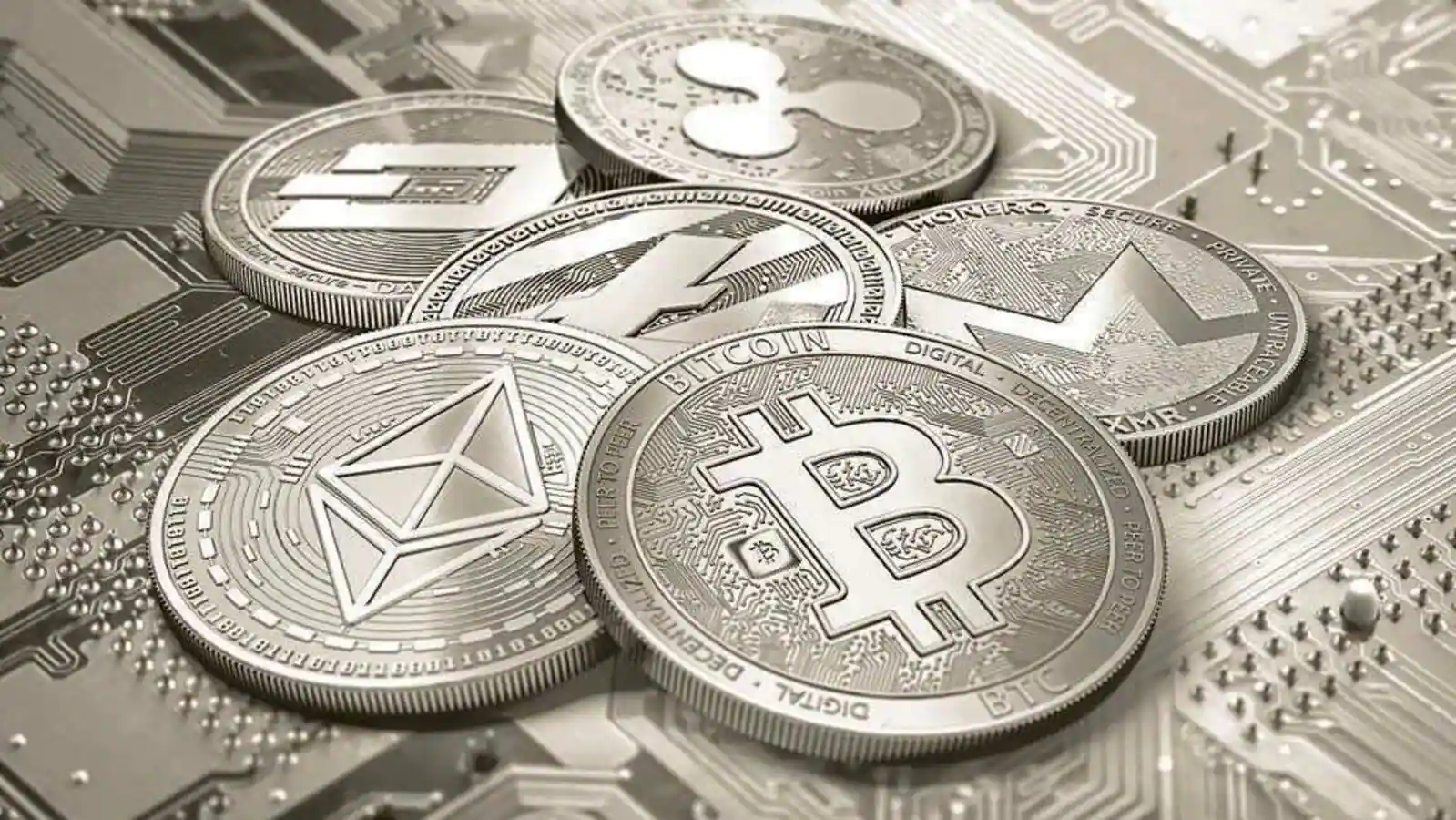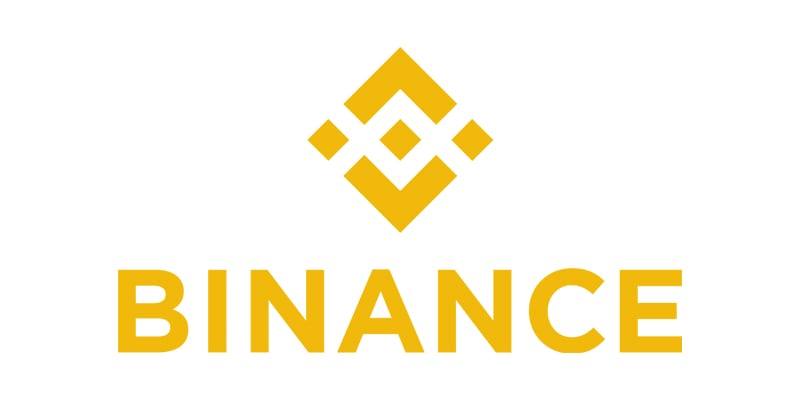
UNDERSTANDING THE DIFFERENT
TYPES OF CRYPTOCURRENCY

When Bitcoin first appeared in 2009, it had little — if any — competition in the newly minted realm of digital currency. However, new types of cryptocurrency began to emerge by 2011, as competitors used the blockchain technology on which bitcoin was built to launch their platforms and currencies. Suddenly, the race to create more cryptocurrency had begun.
Thousands of different types of cryptocurrency today. While each is designed to provide some new solution, the majority are based on similar principles to those that founded bitcoin:
Unlike banks, cryptocurrencies are not issued, regulated, or backed by a central authority. They are developed with the help of a distributed ledger (blockchain) and peer-to-peer review. Bitcoin and other coins are encrypted (secured) using cryptography, a type of specialized computer code. Cryptocurrencies are typically stored as assets in digital wallets, most notably a blockchain wallet, allowing users to manage and trade their coins.
Estimates of the different types of cryptocurrency available for trading in March 2022 range from nearly 6,000 coins to over 10,000 coins, with a total market capitalization of nearly $2 trillion.
What Are the Different Types of Crypto?
There are many different kinds of crypto, but you may be confused about what each one is. Here's an overview of these four types: Blockchains, Stablecoins, and Coins. If you'd like to know more, you can also read our in-depth article about Blockchains. This will help you understand how to purchase, hold, and use these different types of crypto. But first, let's take a closer look at the definition of each type.
Different types of crypto are generally classified into one of two groups:
Coins
Today, the cryptocurrency market is very diverse, and the different types are usually separated into distinct categories. Typically, there are four types of crypto: bitcoin, stablecoins, proof of stake, and altcoins. There are various other types, and more will emerge as the market becomes more mainstream. Here are the types of crypto and how they differ from one another. Then you can decide whether to invest in them or hold them.
Tokens are digital tokens that are often used as a form of currency, but they do not have a blockchain. They are used on decentralized applications, like dApps. Like airline bonus miles, tokens can also be used as security. Some are even used as a form of currency, with their values linked to the company's value. While all of these types of crypto are gaining popularity in cryptocurrency, every kind of token is unique.
There are various types of crypto, each of which has its own pros and cons. While some crypto is purely speculative, others are backed by natural resources or government bonds. Whether or not your favorite cryptocurrency is backed by a natural resource or a company's future growth prospects is immaterial, you can rest assured that there is an investment opportunity there for you. Just make sure to do your research before you buy and hold crypto. If you're curious about cryptocurrency, talk to a registered financial advisor before you invest in it.
Transactional and platform cryptocurrencies are the main types of crypto, though some can fall into more than one category. For example, transactional cryptocurrencies are designed to be used in transactions like bitcoin. They allow you to exchange goods and services without fearing fraud or value loss. While platform cryptocurrencies like Ethereum are not intended for exchange-to-fiat currency transactions, they are designed to be used in smart contracts and have no value fluctuation.
Tokens
Tokens are currencies built on a living infrastructure, such as Ethereum. A government does not back these currencies, but instead are essentially units of value. Crypto tokens can have many different uses, including payments, governance, rewards, and proof of ownership. In addition to payment, they may also serve as a form of security. But how do you decide which cryptocurrency to invest in? Let's take a look at a few types of crypto tokens.
Utility tokens give their owners access to a product or service. While utility tokens may not be directly used to buy or sell products and services, they can also serve as investment vehicles for ICOs. Start-up companies most commonly use utility tokens to create demand for their products and services. To learn more about utility tokens, read on! It's possible to earn a large amount of money with utility tokens.
Tokenized commodities (also known as crypto commodities) represent the value of various commodities and allow users to trade them. Examples include OilCoin, which tokenizes the value of oil barrels held in reserve. Energy Web Token, Green Energy Token, and Wheat Token Coin tokenize wheat. On the other hand, privacy cryptocurrencies encourage greater privacy than mainstream crypto. They are helpful for privacy rights, security investigations, high-value transactions, and the prevention of scams and crime.
NFTs are another type of crypto asset. They are digital representations of real-world assets, and their value is not fixed or standardized. However, they do use the same blockchain technology as cryptocurrencies. Non-fungible tokens are ideal for digital ownership. However, they do have a low supply and a high price. These types of tokens allow for a decentralized system to function.
Crypto Coins vs. Tokens
While coins and tokens are both forms of cryptocurrency, they serve different purposes. Coins are designed to be a form of currency built on their blockchain. Ether (ETH), for example, is a cryptocurrency based on the Ethereum blockchain.An altcoin is any blockchain-based cryptocurrency that is not bitcoin.
Tokens are also built on an existing blockchain, but they are not considered currency. Instead, they are programmable assets that enable the creation and execution of unique smart contracts. These contracts can be used to establish ownership of assets that are not part of the blockchain network. Tokens can be sent and received and represent units of value such as electricity, money, points, coins, digital assets, etc.
What Exactly Are Altcoins?
The term "altcoin" was coined as a shorthand for "alternative to Bitcoin," and most altcoins were created to improve on Bitcoin somehow. Namecoin, Litecoin, Peercoin, Ethereum, and USD Coin are some examples of altcoins.
Some cryptocurrencies, like Bitcoin, have a limited supply of coins, which helps to create demand and reinforce their perceived value. For example, the number of Bitcoins that can be created is limited to 21 million, as determined by the Bitcoin creator(s).
Even though most altcoins are built on the same basic framework as Bitcoin and share some of its characteristics, each one offers investors something unique. Some altcoins use a different process to generate and validate transaction blocks. Some may include new features such as smart contracts.
The Miners' Role in Cryptocurrency
How exactly do you get your hands on various types of cryptocurrency? You can buy it the traditional way, on an exchange like Binance (or with your SoFi Invest® account). You can also trade crypto for other types of crypto on an exchange (for example, using tethers to buy bitcoin). Some blogs and media platforms pay content providers in cryptocurrency.
The miners are another story. Miners typically do not pay directly for their cryptocurrency; instead, they earn it through a laborious, high-tech process of verifying transactions on a blockchain network.
It sounds appealing, but mining is not cheap. It requires powerful, expensive hardware and lots of electricity, and the competition can be fierce.
Conclusion
While Bitcoin started the cryptocurrency craze a little more than a decade ago, there are now thousands of different cryptocurrencies that investors can learn about and invest in.
However, cryptocurrencies are not the same as traditional fiat currencies such as the dollar, euro, or yen. These are tangible currencies governed by central authorities, and they all function as a store of value in the same way. That is, any fiat currency can be exchanged for goods and services. Cryptocurrencies, which can include various coins (e.g., stablecoins, utility coins) and tokens (programmable assets), serve various functions.
Are you getting started with crypto? Try Coinrule if you want to improve your cryptocurrency trading skills. Coinrule enables you to create custom trading rules, access templates, and benefit from low-cost trading plans. If you're new to cryptocurrency trading, you can practice your strategies with paper trading and backtesting.
BEST CRYPTOCURRENCY ASSET MANAGEMENT PLATFORMS
If you just want to earn a high return with crypto, you need the best tools on the internet to accomplish it.
These platforms are good for investment, but do come with risks.
Check out the best cryptocurrency platforms below.
Learn All About Blockchain & Cryptocurrency
Learn by using one of the largest and fastest growing crypto platform!
DAYS
HOURS
MINUTES
SECONDS




